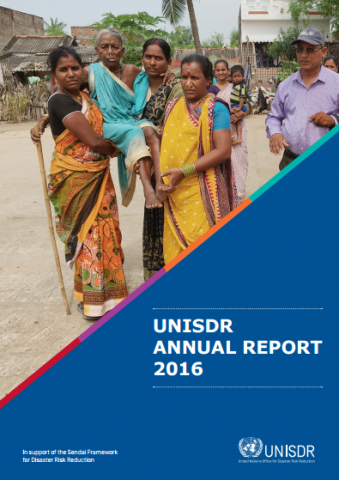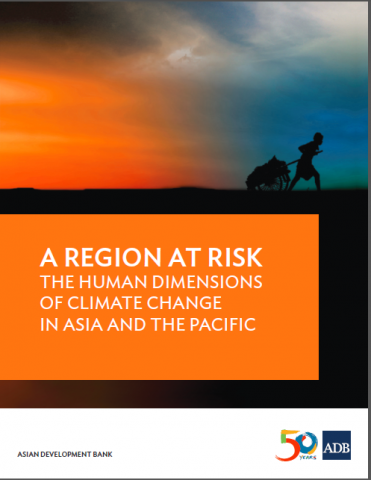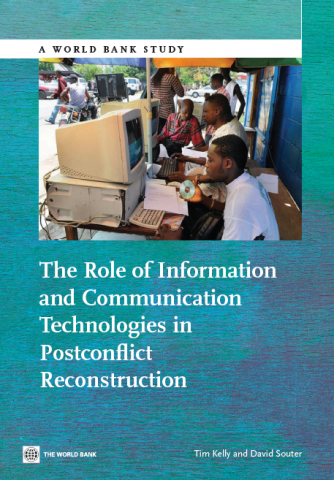Humanitarian Broadcasting in Emergencies: A Synthesis of Evaluation Findings

In recent years, the humanitarian community has increasingly recognised the importance of getting critical information to and from people affected by disasters. The systems, learning and coordination around such communication support have improved since 2012 when, along with other media and humanitarian actors, BBC Media Action helped to establish the Communicating with Disaster Affected Communities (CDAC) Network. This report focuses mainly on mass communication programming – broadcasting that can reach millions of people when disaster strikes – informing them about what has happened, what to do, how to find missing loved ones and how to protect themselves and their families during the crisis. The findings from program evaluations from Syria, Gaza, Nepal and related to the 2014–2015 West Africa Ebola epidemic are synthezised in this report.
Report Humanitarian Broadcasting
http://downloads.bbc.co.uk/mediaaction/pdf/research/humanitarian-broadcasting-in-emergencies-2015-report.pdf


